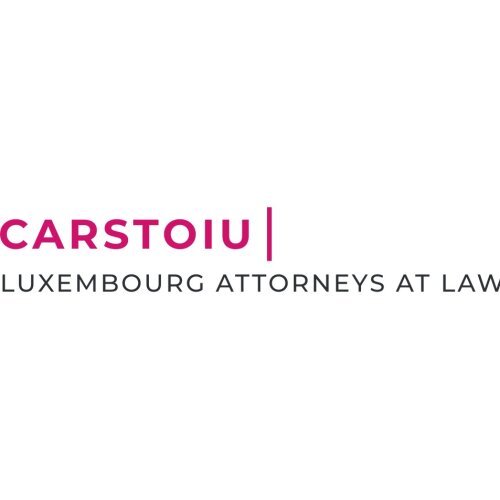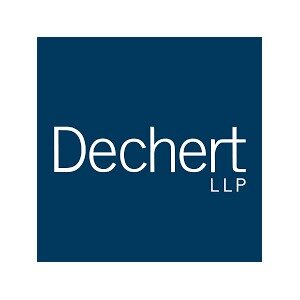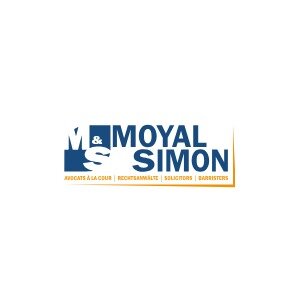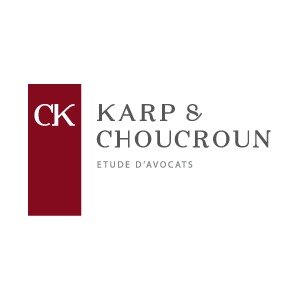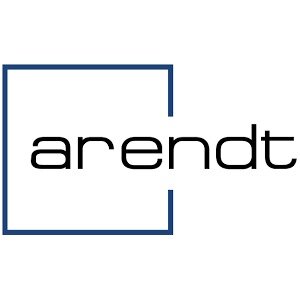Best Licensing Lawyers in Luxembourg
Share your needs with us, get contacted by law firms.
Free. Takes 2 min.
List of the best lawyers in Luxembourg, Luxembourg
About Licensing Law in Luxembourg, Luxembourg
Licensing law in Luxembourg governs the granting of permissions or rights to use intellectual property, conduct business activities, or undertake specific actions. This can include licenses for operating businesses, practicing professions, selling goods, or using copyrighted material. Understanding licensing law is crucial for individuals and businesses looking to operate legally and protect their rights.
Why You May Need a Lawyer
There are various situations where individuals or businesses may require legal assistance in licensing matters. Some common reasons include:
- Applying for a business license
- Dealing with licensing disputes
- Protecting intellectual property rights
- Negotiating license agreements
- Ensuring compliance with licensing regulations
Local Laws Overview
In Luxembourg, licensing law is governed by various regulations and legal frameworks that ensure the proper functioning of businesses and the protection of intellectual property. Key aspects of local laws that are particularly relevant to licensing include:
- The Law on Trademarks and Designs
- The Law on Copyright and Related Rights
- The Law on Business Licensing
- The Law on Competition
Frequently Asked Questions
1. What is a licensing agreement?
A licensing agreement is a contract between the licensor (owner of the intellectual property) and the licensee (person/business using the intellectual property) that grants the licensee permission to use the intellectual property under specified terms and conditions.
2. How do I apply for a business license in Luxembourg?
To apply for a business license in Luxembourg, you will need to submit an application to the relevant authorities, provide necessary documentation, and pay the required fees. It is advisable to seek legal guidance to ensure your application is complete and meets all legal requirements.
3. What are the consequences of operating without a valid license?
Operating without a valid license in Luxembourg can lead to legal penalties, fines, and even the closure of your business. It is essential to comply with licensing regulations to avoid legal repercussions.
4. How can a lawyer help with licensing disputes?
A lawyer can assist in resolving licensing disputes through negotiation, mediation, or litigation. They can advocate for your rights, review license agreements, and represent you in negotiations or court proceedings to reach a favorable resolution.
5. How long does it take to obtain a license for intellectual property in Luxembourg?
The time frame to obtain a license for intellectual property in Luxembourg can vary depending on the complexity of the application and any potential legal issues. It is advisable to consult with a lawyer to expedite the process and ensure all requirements are met.
6. Can I transfer my business license to another party?
Transferring a business license to another party may be possible in Luxembourg, but it typically requires approval from the relevant authorities and compliance with legal regulations. A lawyer can guide you through the transfer process and ensure all legal requirements are met.
7. What is the difference between a copyright and a trademark?
A copyright protects original works of authorship, such as writings, music, and artwork, while a trademark protects symbols, logos, and phrases used to identify goods or services. Both intellectual property rights are governed by specific laws and regulations in Luxembourg.
8. Can I license my intellectual property internationally?
Yes, it is possible to license your intellectual property internationally. However, the process can be complex and involve legal considerations in multiple jurisdictions. Consulting with a lawyer who specializes in international licensing can help ensure your rights are protected.
9. What are the benefits of licensing intellectual property?
Licensing intellectual property can provide additional revenue streams, expand market reach, and enhance brand recognition. By granting permission to others to use your intellectual property, you can leverage its value and benefit from licensing agreements.
10. How can I ensure compliance with licensing regulations in Luxembourg?
To ensure compliance with licensing regulations in Luxembourg, it is essential to stay informed about current laws, regularly review license agreements, and seek legal advice when needed. Working with a lawyer can help you navigate licensing requirements and avoid potential legal issues.
Additional Resources
For further information and resources related to licensing law in Luxembourg, you may consider contacting the Luxembourg Chamber of Commerce, the Luxembourg Intellectual Property Office, or consulting legal professionals specializing in licensing matters.
Next Steps
If you require legal assistance in licensing matters in Luxembourg, it is advisable to consult with a qualified lawyer who has experience in licensing law. A lawyer can provide personalized advice, assist with license applications, negotiate agreements, and represent your interests in licensing disputes. Take the necessary steps to protect your rights and comply with licensing regulations to ensure the success of your business endeavors.
Lawzana helps you find the best lawyers and law firms in Luxembourg through a curated and pre-screened list of qualified legal professionals. Our platform offers rankings and detailed profiles of attorneys and law firms, allowing you to compare based on practice areas, including Licensing, experience, and client feedback.
Each profile includes a description of the firm's areas of practice, client reviews, team members and partners, year of establishment, spoken languages, office locations, contact information, social media presence, and any published articles or resources. Most firms on our platform speak English and are experienced in both local and international legal matters.
Get a quote from top-rated law firms in Luxembourg, Luxembourg — quickly, securely, and without unnecessary hassle.
Disclaimer:
The information provided on this page is for general informational purposes only and does not constitute legal advice. While we strive to ensure the accuracy and relevance of the content, legal information may change over time, and interpretations of the law can vary. You should always consult with a qualified legal professional for advice specific to your situation.
We disclaim all liability for actions taken or not taken based on the content of this page. If you believe any information is incorrect or outdated, please contact us, and we will review and update it where appropriate.




